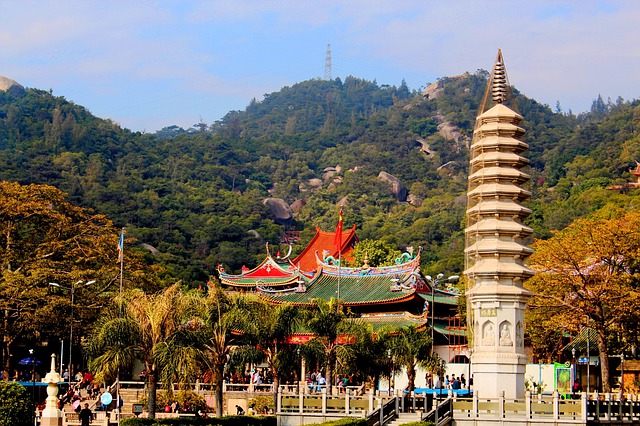Written by Kim Iskyan
After months – in fact, years – of anticipation, global market index provider MSCI is going to finally announce this Friday whether it’s going to start including China’s A shares market in its indexes.
I know – this topic sounds like a panel at a Geek Fest for stock market investors. But there is money to be made in these details, so bear with me for some background.

ekidin / Pixabay
Why MSCI matters
MSCI is the world’s most important index provider. Its decisions affect trillions of dollars of trading in the stock market. Fund managers and investors use it as a benchmark to build emerging-market portfolios. For example, MSCI’s Emerging Markets Index, which includes 23 countries, is tracked by about $1.5 trillion of investment funds. So when MSCI adds or removes stocks or countries from its index, a lot of money – not overnight, but over weeks and months – follows it. (Index funds and ETFs invest in a way that mimics indices, like (for example) the S&P 500 or MSCI indices. And even most so-called “actively managed” funds are closet index trackers.)
The MSCI Emerging Markets Index already includes some of China. But MSCI has so far included only Hong Kong-listed H shares (the Hong Kong-listed shares of Chinese companies) or shares of Chinese companies listed on U.S. exchanges. Together, these shares account for just over a quarter of the entire emerging markets index. But none of them is A-shares trading on a mainland China exchange (we’ve written about this before here and here.)
A shares aren’t even on the bench
But Chinese shares traded in China – the world’s second-largest economy (in terms of combined value) with the world’s second-largest stock market – are currently not reflected in the major MSCI market indices. MSCI has talked a lot about it for years, and a lot of people thought that MSCI would move to include A shares last year. But it decided not to. Now, all eyes are focused on Friday.













Leave A Comment